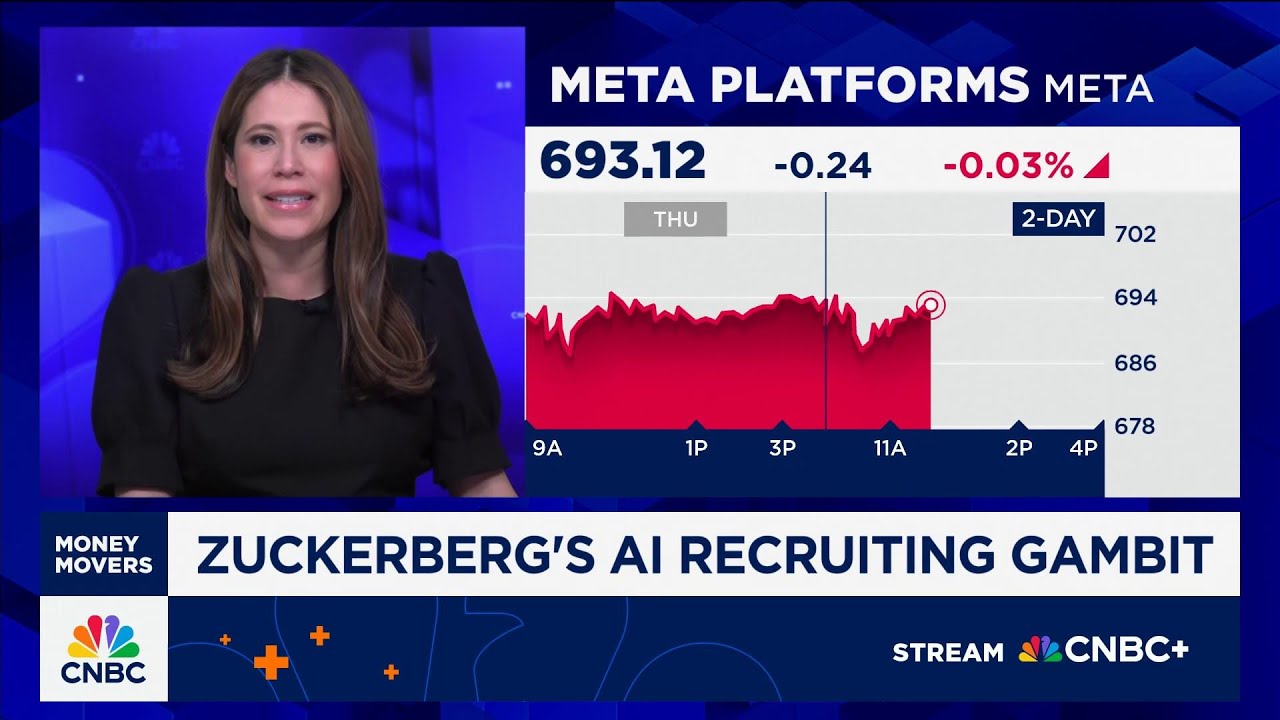Meta has strategically invested in Scale AI, marking the departure of its CEO Alexander Wang to Meta in a non-traditional acqui-hire that allows the company to secure top AI talent while avoiding regulatory scrutiny. This deal, valued at $14.3 billion, exemplifies the growing trend among big tech firms to use innovative partnerships rather than full acquisitions to gain influence in the competitive and heavily regulated AI landscape.
Meta has made a significant move in the AI talent race by officially investing in Scale AI, marked by the departure of Scale AI’s CEO, Alexander Wang, to take on a role at Meta. This transition is part of a strategic, non-traditional acqui-hire, allowing Meta to bring a key AI player into its fold while navigating regulatory scrutiny that has targeted previous major acquisitions like Instagram and WhatsApp. Regulators are increasingly vigilant about how large tech companies consolidate power, especially in the rapidly evolving AI landscape.
The deal underscores the escalating value of top AI talent, with companies willing to pay increasingly large sums to secure influential figures in the field. The memo from Wang highlights that this move is not a straightforward acquisition but a strategic partnership that grants Meta significant access and credibility in AI development. Early investors in Scale AI, such as Andreessen Horowitz, stand to benefit from this high-profile deal, which values the startup at $14.3 billion, making it the most expensive acqui-hire in the AI sector to date.
This trend of non-traditional acqui-hires has become prominent post-2022, following the release of ChatGPT and the subsequent intensification of regulatory scrutiny on big tech. Companies like Google and Microsoft have engaged in similar deals, bringing in AI talent through strategic partnerships rather than full acquisitions. For example, Google’s $2.7 billion deal with Character AI and Microsoft’s acquisition of Inflection’s founder Mustafa Suleyman illustrate this approach, which balances talent acquisition with regulatory considerations.
Historically, full acquisitions like Alphabet’s 2014 purchase of DeepMind for $400 million brought influential AI figures such as Demis Hassabis directly into the company, embedding their labs within the corporate structure. However, the current environment favors more nuanced deals that allow companies to absorb talent and technology without triggering the same level of regulatory backlash. Meta’s deal with Scale AI fits this pattern, securing nearly half ownership of a startup that has been integral to its AI content moderation and data labeling efforts.
Ultimately, this phase of the AI race is heavily influenced by capital, not only to build the necessary infrastructure but also to attract and retain top-tier talent. Meta’s investment in Scale AI and the acquisition of Alexander Wang exemplify how financial resources are being leveraged to gain strategic advantages in AI development. As the competition intensifies, securing leading AI experts and startups through innovative deal structures is becoming a critical component of big tech’s strategy to maintain and expand their influence in the AI era.
